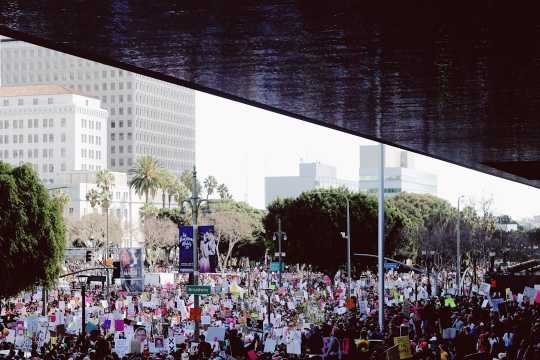Supporting Local Arts and Culture in Your Community
Art and culture are essential components of a vibrant and thriving community. They enrich our lives, stimulate creativity, and foster a sense of identity and belonging. Yet, all too often, these aspects of our society are undervalued and underfunded. That is why it is so important for us to support local arts and culture in our communities.
There are many ways in which we can support the arts in our communities, from attending local art events and performances to purchasing art and craft items from local artists. When we support local artists and cultural institutions, we are not only investing in our community’s economic growth but also in its cultural heritage.
One of the most effective ways to support local arts and culture is to attend events and performances put on by local artists and cultural organizations. By attending these events, you are not only supporting the artists themselves but also helping to build a sense of community and connection among your neighbors. Whether it’s a local art show or a performance by a local theater group, your presence at these events shows your support for the arts in your community.
Another way to support local arts and culture is to purchase art and craft items from local artisans. By supporting local artists, you are helping to sustain their livelihoods and ensuring that their work continues to be valued and appreciated. Whether you are looking for a unique piece of artwork for your home or a handmade gift for a loved one, buying locally made art and craft items is a great way to support the arts in your community.
In addition to attending events and purchasing art from local artists, you can also support local arts and culture by volunteering your time or resources. Many local arts organizations rely on volunteers to help with events, fundraising, and other activities. By volunteering your time, you are making a direct impact on the cultural life of your community and helping to ensure that local arts and culture continue to thrive.
Finally, advocating for increased public funding for the arts is another important way to support local arts and culture in your community. By writing to your elected officials and advocating for increased funding for local arts organizations, you can help to ensure that these vital institutions have the resources they need to continue serving their communities.
In conclusion, supporting local arts and culture is essential for building a vibrant and connected community. By attending events, purchasing art, volunteering, and advocating for increased funding, we can all play a role in fostering a thriving arts community in our neighborhoods. Let’s all do our part to support the local arts and culture in our communities.


